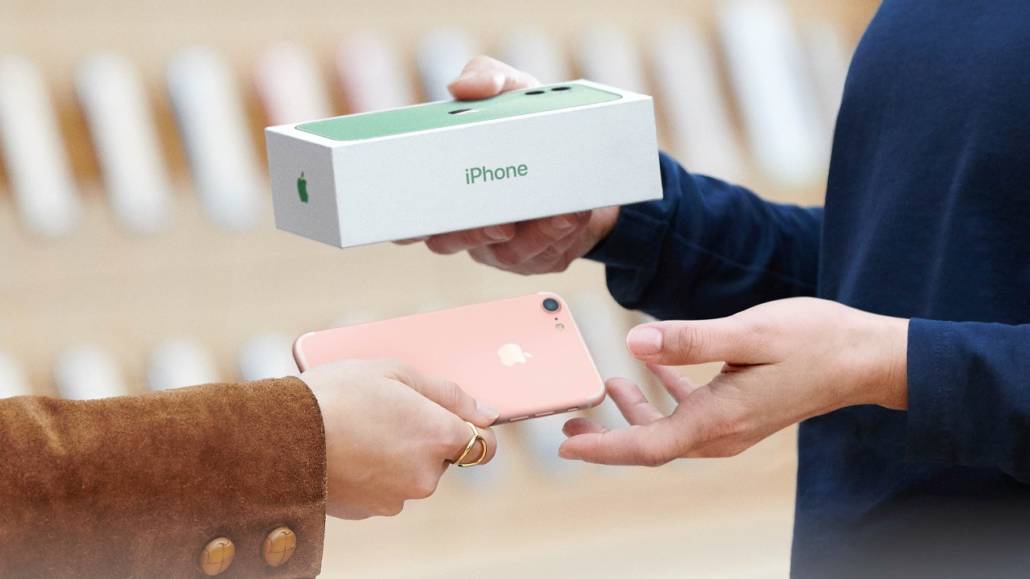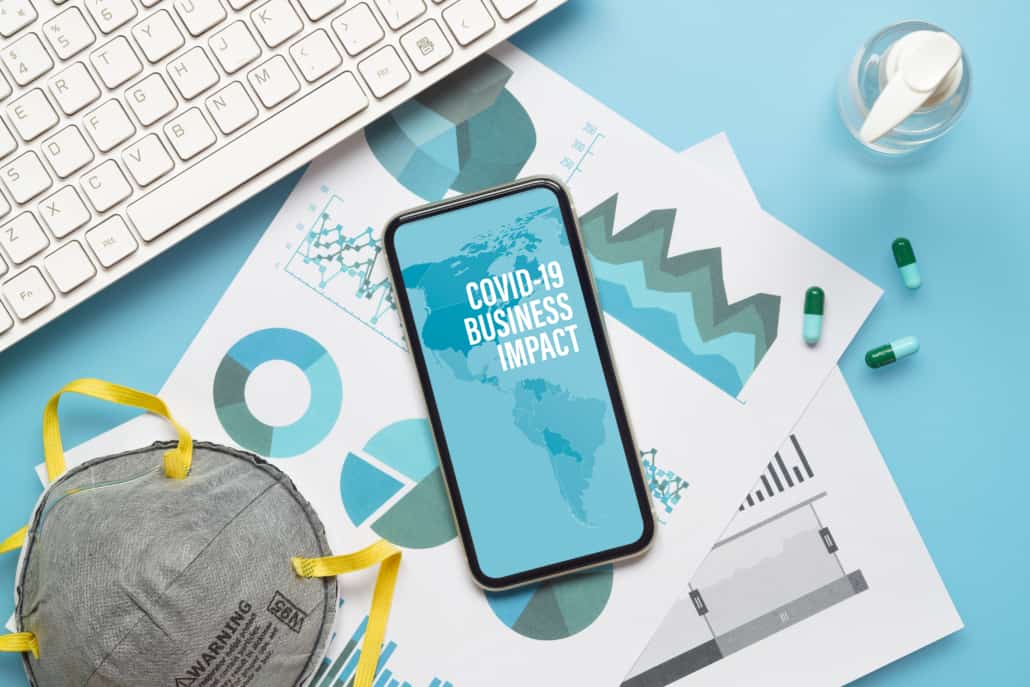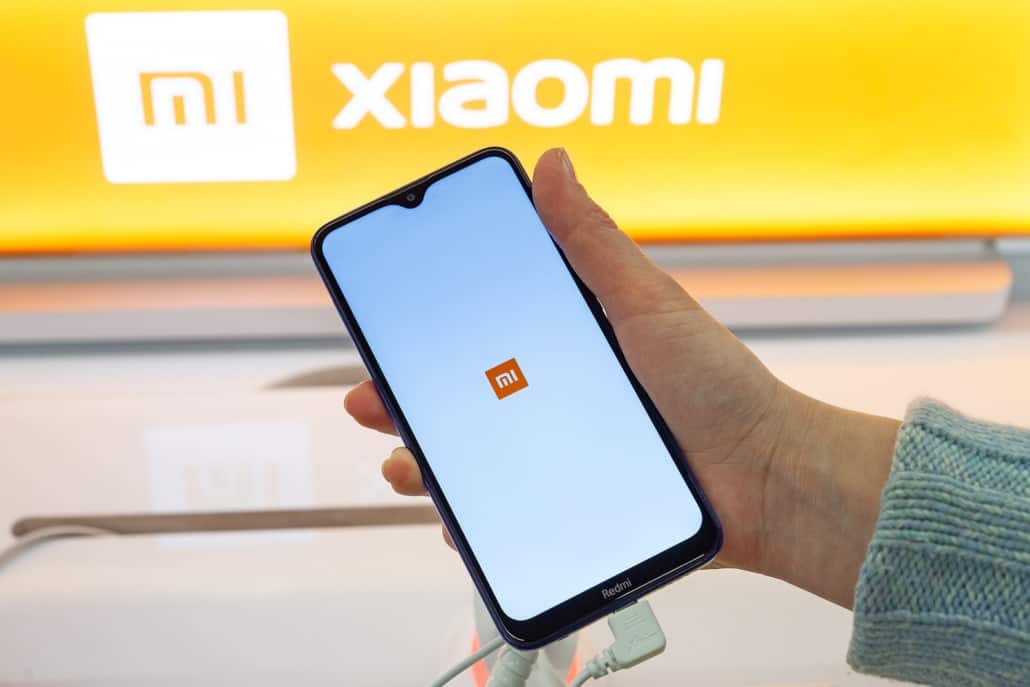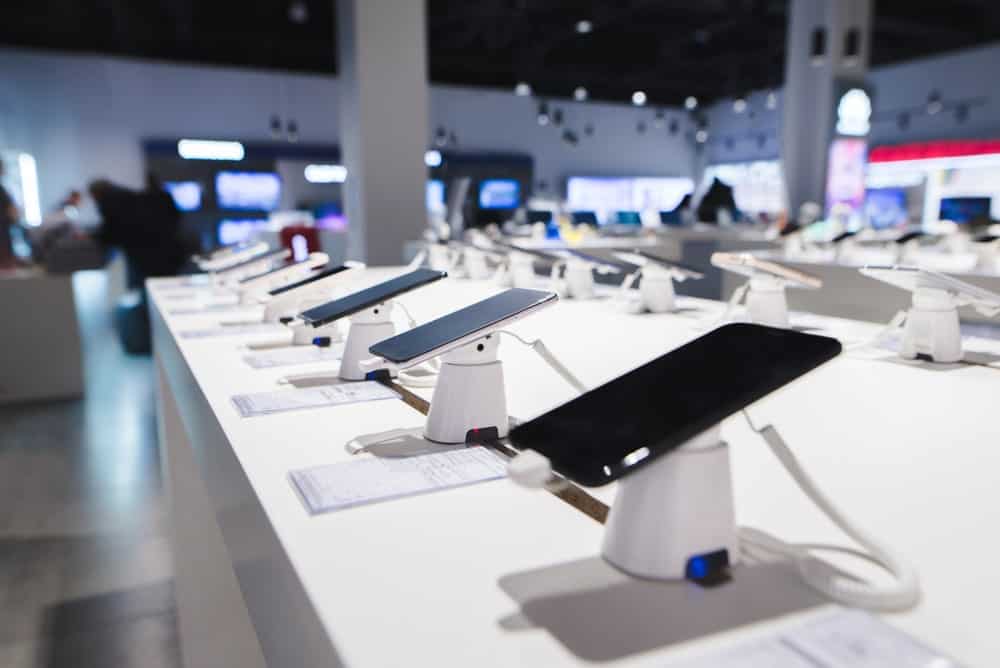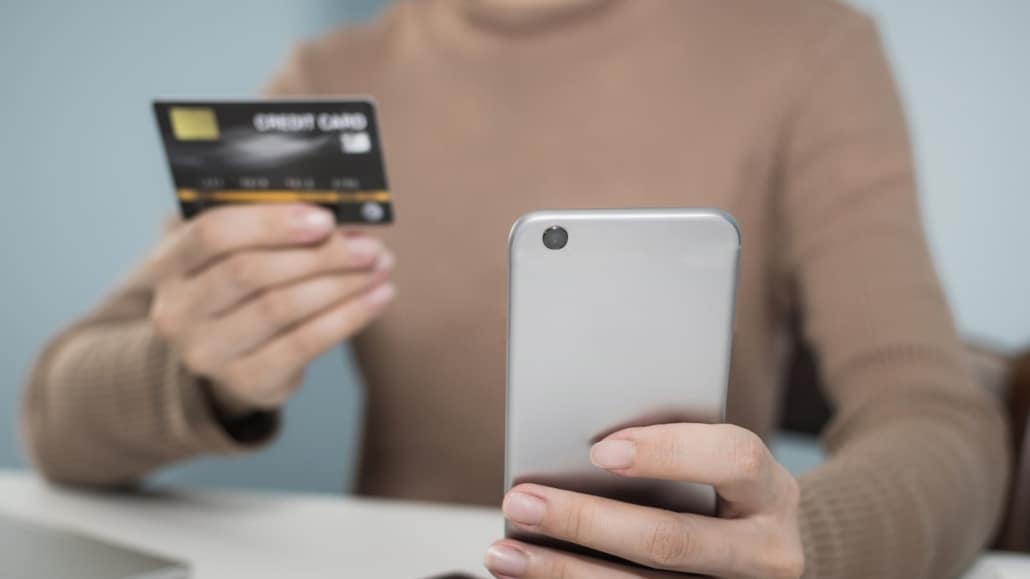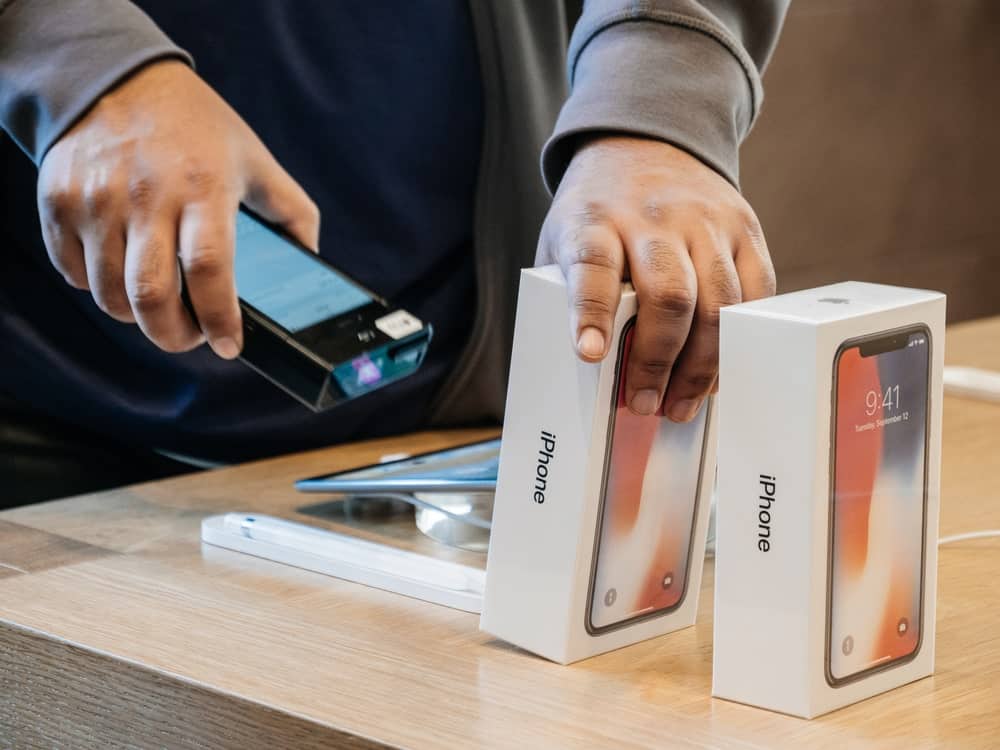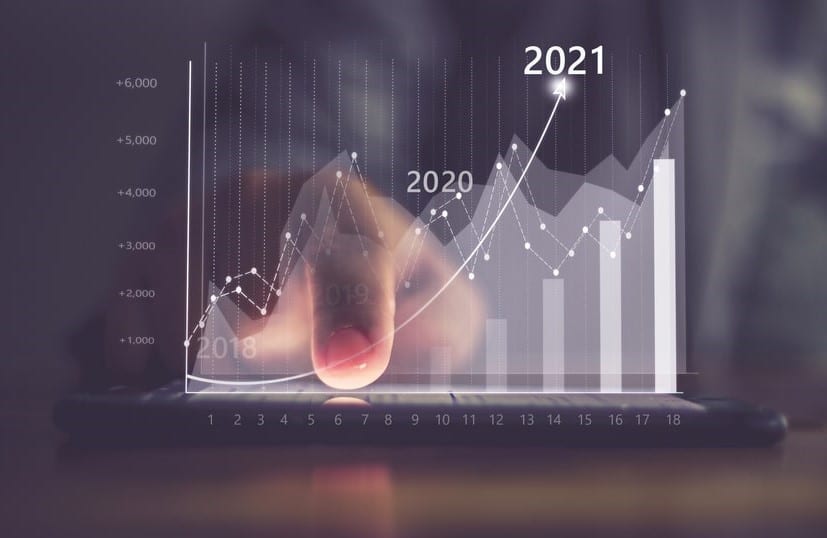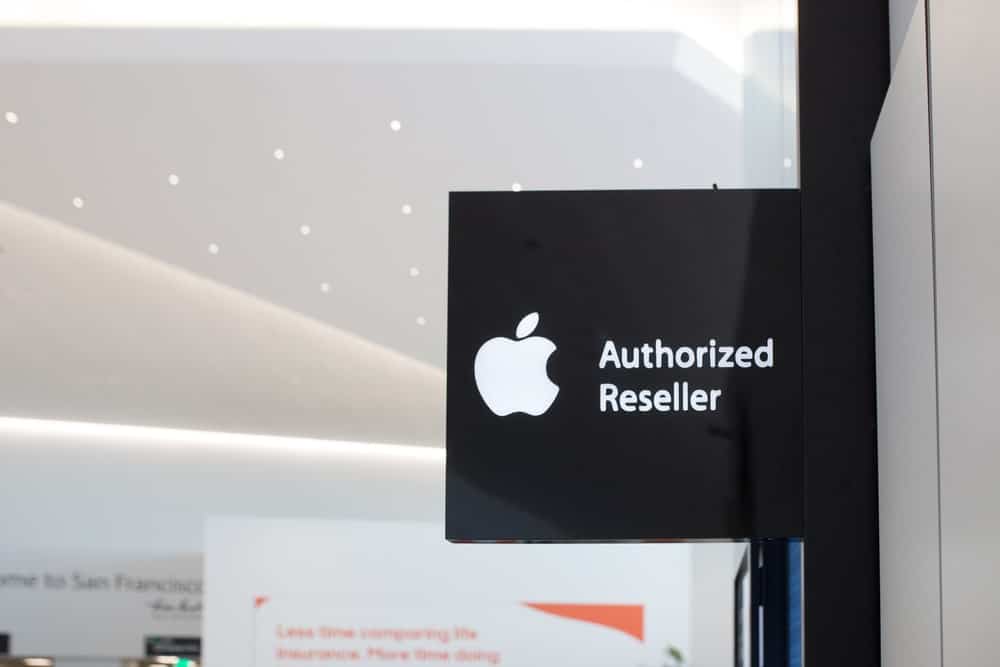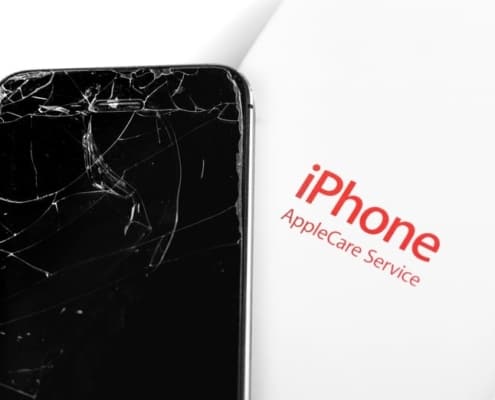How European VAT Taxes Impact Mobile Phone Wholesalers
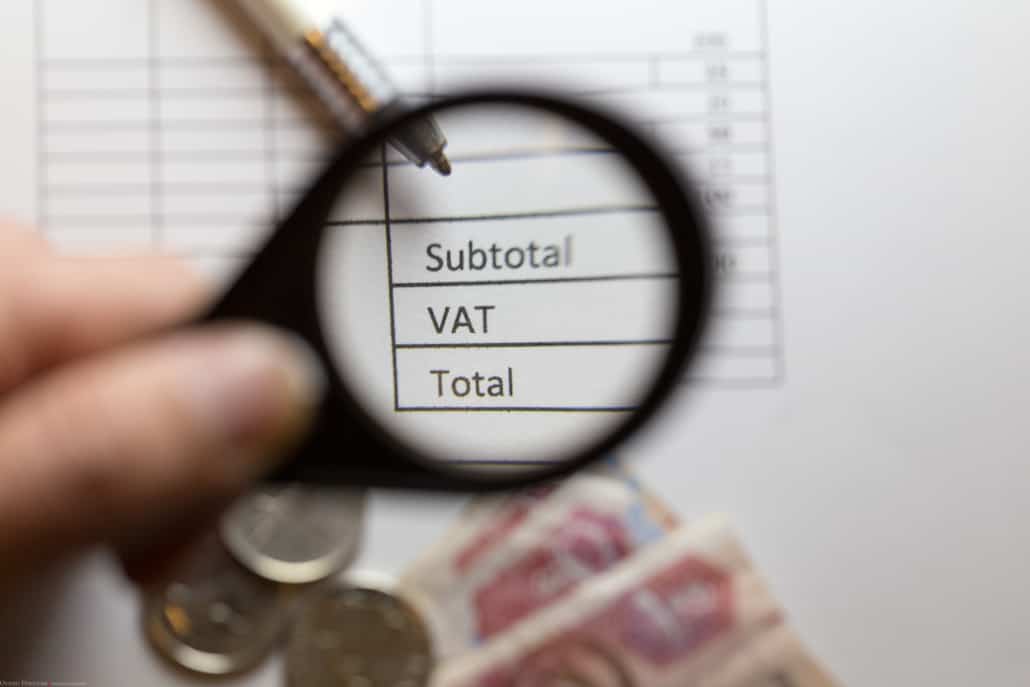
Understanding VAT (value-added taxes) is crucial for used smartphone retailers and wholesalers doing business in the European market. To understand why this is the case, let’s answer some of the biggest questions surrounding VAT on mobile phones.
Why is VAT on Mobile Phones in the EU an Important Consideration for Smartphone Retailers and Wholesalers?
All European countries implement VAT on purchases relating to any goods or services. And VAT is assessed in many different ways depending on the circumstances.
If you operate purely in Europe, understanding VAT is essential to the profitability of your business. If you operate in the United States and resell to Europe, you need to understand VAT and its impact on your customers.
What is the Destination Principle? How Does it Apply to European VAT?
European VAT is applied based on the destination principle. This means that the tax is owed to the country where the buyer is located. European Union (EU) member states are under obligation to levy a standard VAT rate of at least 15%, but the minimum tax rate of 5% is allowed for special circumstances. The average VAT among European countries is approximately 21%, with the current standard VAT being 20% in the United Kingdom.
What are European VAT Thresholds?
While attempts have been made to create a seamless system for assessing European VAT thresholds, VAT rates vary moderately across the region.
Avalara provides 2021 EU VAT registration annual thresholds. These apply to resident companies in the 27 EU member states, along with Norway, Switzerland, and the UK.
VAT Thresholds in Europe
European businesses must have a revenue of taxable goods and services that reaches a certain level before they must become VAT-registered and pay VAT. In the UK, the threshold is £85,000 (~$118,430) in VAT taxable turnover. In the EU, thresholds range from zero in Bulgaria (meaning all businesses must pay VAT regardless of sales volume) to 100,000 Swiss francs in Switzerland (~$109,000). Smartphone resellers need to be aware of these thresholds. If your taxable revenue falls below the local threshold, there’s no need to become VAT-registered or assess VAT on your products.
How Much of VAT Goes to the EU?
The Tax Foundation notes that the EU’s average standard VAT rate is 21%. This is six percentage points higher than the required minimum standard VAT rate.
Which Country Has the Lowest VAT Rate?
Luxembourg has the lowest standard VAT rate (17%), followed by Malta (18%) and Cyprus, Germany, and Romania (19% each), according to the Tax Foundation.
Which Country Has the Highest VAT Rate?
Hungary (27%) and Croatia, Denmark, and Sweden (25% each) have the highest standard VAT rates, the Tax Foundation points out.
What is the VAT Cycle?
VAT is a consumption tax that follows a specific cycle for collection and payment. Here’s a look at a classic VAT cycle:
- A VAT-registered business collects the applicable VAT when selling any eligible goods and services.
- The buyer is charged extra to account for the VAT.
- The VAT-registered business pays the VAT to the tax authority of the destination country.
The responsibility of collecting and submitting VAT payments rests on the shoulders of the seller. However, the actual payment comes from the buyer in the form of higher retail cost.
What is VAT on Mobile Phones in the EU?
Businesses that sell mobile phones in the EU are required to register for VAT if their taxable sales are likely to be above the current VAT threshold. In these instances, EU regulators require a standard VAT rate of at least 15%. The VAT rate applied varies between EU countries, and certain EU countries have specific rates in place for mobile phones and other products.
Do I Need to Worry About iPhone VAT in the EU?
VAT applies to businesses that sell iPhones or other mobile devices and surpass VAT thresholds. So, you need to find out if the European country where you currently sell iPhones or plan to do so has a VAT requirement.
How is VAT Applied to the Sale of Used Mobile Phones?
There is some variation regarding how VAT is assessed when it comes to secondhand mobile devices. Here are the main approaches to VAT with regard to secondhand smartphones:
- Standard VAT: VAT is charged on the full amount of the sale at the standard rate mentioned above. This is typically the most expensive VAT treatment.
- Marginal VAT: VAT is charged only on the seller’s profit margin, and is assessed at a lower rate; clearly, this is a more desirable option than assessing standard VAT, but is subject to certain restrictions, as discussed below.
- Intra-Community Supply: Zero VAT is charged on goods shipped between member states of the European Union. However, proof of export must be provided.
- Exports: Zero VAT is charged on goods exported outside the EU or the United Kingdom. However, proof of export must be provided.
- Domestic Reverse Charge: VAT is accounted for by the customer via a domestic reverse charge. The net effect is zero cost to the seller, but, as in the above cases, certain restrictions apply.
Let’s see how each of the above treatments can help mobile device resellers reduce their tax burden.
The Margin Scheme: Marginal VAT
The Margin Scheme is extremely important for smartphone resellers because it applies to secondhand goods and can significantly reduce a reseller’s tax obligation. Marginal VAT is calculated based on the difference between the price paid for the device and the price it is sold for: your margin on the sale.
It is optional for smartphone resellers to pay VAT based on their profit margin. Those that choose to pay VAT on their profit margin will not charge or deduct any VAT on transactions covered by the Margin Scheme.
If VAT was paid upon purchase or importation of smartphones, dealers may choose not to apply the Margin Scheme to their supply of these goods. In this scenario, standard VAT arrangements apply, and dealers can deduct VAT when VAT on the supply becomes chargeable.
Intra-Community Supply
Goods sold by businesses in one EU member state to businesses in another fall under the category of intra-community supply of goods (ICS). The buyer is required to account for VAT in ICS transactions, which can be zero if certain conditions are met:
- The buyer and seller must both be VAT-registered and provide VAT registration numbers on the sales invoice.
- You must provide proof of transport to another member state.
Exports
VAT is not required for exports of goods to countries outside the EU. In these instances, VAT is charged and due in the country of import. The exporter does not need to declare VAT on the goods, either.
Conversely, if you are exporting smartphones, you will need to provide documentation to verify that the goods were transported outside the EU. Types of proof you can provide to tax authorities include a copy of an invoice, a transportation document, or an import customs record.
The Domestic Reverse Charge
The final element related to VAT is the domestic reverse charge (sometimes referred to as a “tax shift”) that is applicable in most sales involving mobile phones between a buyer and seller in the same country.
The condensed explanation for the domestic reverse charge is that the customer in the exchange acts as both the supplier and the buyer because the responsibility for reporting a VAT transaction shifts from the seller to the buyer of a good or service. When acting as the responsible party, you will formally charge yourself the applicable VAT before turning around and recovering the VAT as “input tax” in a VAT return. This ultimately means that there is no net cost aside from the cost of time and labor associated with fulfilling related accounting and procedural obligations.
Each country has its own rules for applying domestic reverse charge. We’ll use the UK in this example, but you should consult an accountant about the specific rules for each country.
In order to apply the domestic reverse charge in the UK:
- Both the buyer and seller must be based in the UK.
- The transaction value must be greater than £5,000.
Most mobile phones are included on the list of goods and services that the UK allows a domestic reverse charge for. However, there is a slippery slope when it comes to exceptions. Let’s start by looking at domestic reverse charge smartphone options:
- Standard handsets that receive spoken messages over a cellular network
- Mobile phones supplied with accessories as part of a single package
- Pre-paid or pay-as-you-go mobile phones
- Smart watches with mobile-phone functions that are not paired to an external mobile device
Most secondhand phones are going to meet the criteria for the domestic reverse charge, but there are certain features that make some devices exempt. You cannot apply the domestic reverse charge to the following:
- Mobile phones supplied with contracts for airtime
- Mobile phone accessories supplied separately from a mobile phone
- Walkie-talkies
- Wi-Fi phones that are not intended for usage with mobile networks
- Phones with base units connected to landlines
- Tablet devices that do not fall within the definition of a mobile device based on size or function
- Smart watches with or without mobile functionality that are intended to be paired with a mobile phone, 3G data cards, and Wi-Fi cards
Be mindful of when the domestic reverse charge does and doesn’t apply to cover VAT if you deal in a range of mobile devices that straddle both the qualifying and non-qualifying categories.
Do I Need a VAT Number to Buy Wholesale?
A VAT number is required if you conduct business within a country that requires it. In this instance, you may also be required to charge VAT to your customers.
How Do I Get a VAT Number?
You can request a VAT number from tax authorities in the country that requires it. After you are registered for VAT, you’ll be required to file VAT returns. In certain countries, VAT registration can result in the permanent establishment or other liabilities.
Is it Easy to Obtain a VAT Number?
Applying for a VAT registration number must be done through the local tax authorities and getting a VAT number can be complex. The registration process usually has to be completed in the country’s native language.
How Do I File a VAT Return?
You can submit your VAT return online. The deadline to do so is typically one calendar month and seven days after the end of a VAT accounting period.
It often helps to set up an online account to file your VAT return. In many instances, you can receive email reminders to let you know when your VAT return is due.
What Happens If a VAT Return or Payment Is Late?
A default surcharge liability notice may be generated if you are late submitting a VAT return. This notice is a warning to let you know that your VAT returns and payments must be submitted in the next 12 months. Otherwise, you are subject to an escalating penalty based on your unpaid tax liability by the due date.
What Happens If I Ignore VAT?
You are subject to penalties if you ignore VAT in a European country. Where you are required to pay it. VAT penalties are fees added on to your VAT tax bill in accordance. With predefined criteria.
The amount of a VAT penalty is calculated by multiplying the VAT money owed by a certain percentage. Each time you ignore a VAT payment, this percentage rises. And, if you continue to ignore VAT, you can face a criminal offense.
VAT Tips for Secondhand Phone Resellers in Europe
You need to account for VAT before you buy used iPhones and other mobile phones in bulk and resell them in Europe. Here are tips to help you plan ahead for VAT and ensure that you can comply with various European tax requirements:
- Evaluate Multiple VAT Schemes: Weigh the pros and cons of different VAT scheme options. That way, you can find one that helps you keep your costs as low as possible.
- Maintain Accurate Records: Ensure that you are well-equipped to keep your VAT records up to date. Create a system to organize your receipts and invoices. Then, you’ll have no trouble accessing your records and using them to file your VAT returns and submit VAT payments.
- Take Advantage of Direct Debit: Set up a direct debit for your VAT payments. This ensures your VAT payments are automatically deducted from your business account.
Of course, it helps to provide top-quality cell phones to your customers in Europe, too. If you supply top-notch phones, you can maximize your earnings.
A Final Word on VAT
VAT creates responsibilities and considerations for companies setting up operations in Europe. This can be a new experience for companies. That are used to dealing with domestic tax rules within the United States. Where wholesalers that present a Resale Certificate are exempt from sales taxes. Make sure to consult legal and tax experts with VAT experience before setting up operations in countries where VAT applies.
Additional Sources:










